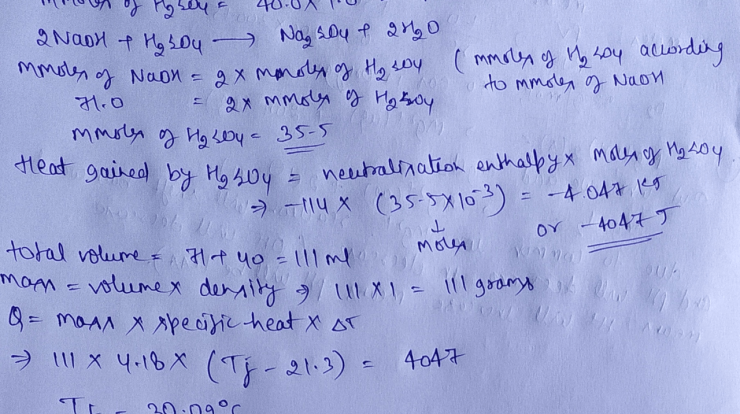Unveiling the intricacies of chemistry, the Chemistry Density Worksheet Answer Key emerges as a beacon of knowledge, illuminating the fundamental concept of density and its multifaceted applications. This comprehensive guide delves into the depths of density, empowering learners with a profound understanding of its significance in various scientific disciplines and everyday life.
Delving into the intricacies of density measurement, we explore the methodologies employed to determine the density of solids, liquids, and gases. The underlying principles and potential sources of error associated with these techniques are meticulously examined, equipping readers with a critical understanding of the factors that influence accurate density measurements.
Introduction
Density is a fundamental property of matter that measures the compactness of a substance. It is defined as the mass of a substance per unit volume and is expressed in units of grams per cubic centimeter (g/cm³). Density is an important concept in chemistry and has various applications in science and everyday life.
Density plays a crucial role in understanding the behavior and properties of substances. It helps identify and characterize different materials, predict their reactions, and design processes that utilize their specific densities.
In this article, we will explore the concept of density, discuss methods for measuring density, and examine the factors that affect density. We will also delve into the practical applications of density in various fields, showcasing its importance in scientific research, industrial processes, and everyday life.
Measuring Density
Measuring the density of a substance involves determining its mass and volume. Different methods are employed to measure the density of solids, liquids, and gases.
Solids
- Regular Solids:For regular solids with known shapes (e.g., cubes, spheres), density can be calculated using geometric formulas that relate mass to volume.
- Irregular Solids:For irregular solids, the water displacement method is commonly used. The solid is submerged in water, and the volume of water displaced is measured. This displaced volume is equal to the volume of the solid, which can then be used to calculate density.
Liquids
- Graduated Cylinder:The simplest method involves using a graduated cylinder to measure the volume of the liquid and then dividing its mass by the volume.
- Hydrometer:A hydrometer is a device that floats in a liquid and indicates its density based on the depth to which it sinks. This method is often used to measure the density of liquids like milk or battery acid.
Gases
- Boyle’s Law:For gases, density can be calculated using Boyle’s Law, which relates pressure, volume, and temperature. By measuring the pressure and volume of a gas sample at a known temperature, its density can be determined.
- Gas Density Balance:A gas density balance is a specialized instrument that directly measures the density of gases by comparing their buoyancy to that of a reference gas.
The accuracy of density measurements can be affected by factors such as temperature, impurities, and measurement errors. Careful experimental techniques and appropriate corrections are necessary to obtain reliable density data.
Density Calculations
The formula for calculating density is:
Density = Mass / Volume
Density is typically expressed in units of grams per cubic centimeter (g/cm³). However, other units such as kilograms per liter (kg/L) or pounds per gallon (lb/gal) may also be used.
For example, if a solid with a mass of 100 grams has a volume of 20 cubic centimeters, its density would be calculated as:
Density = 100 g / 20 cm³ = 5 g/cm³
Density calculations are essential for various applications, such as determining the purity of substances, identifying materials, and designing processes that involve fluid flow or buoyancy.
Factors Affecting Density: Chemistry Density Worksheet Answer Key
The density of a substance can be influenced by several factors:
Temperature
Temperature changes can affect the density of a substance. Generally, the density of solids and liquids decreases with increasing temperature due to thermal expansion. Gases, on the other hand, become less dense as temperature increases.
Pressure
Pressure has a significant effect on the density of gases. As pressure increases, the density of a gas also increases because the gas molecules are compressed into a smaller volume.
Composition, Chemistry density worksheet answer key
The composition of a substance can affect its density. For example, alloys (mixtures of metals) can have different densities depending on the proportions of the constituent metals.
Understanding the factors that affect density is crucial for accurate measurements and for predicting the behavior of substances under different conditions.
Applications of Density
Density finds numerous applications in various fields:
Chemistry
- Substance Identification:Density can be used to identify unknown substances by comparing their measured density to known values for different materials.
- Purity Analysis:Density measurements can detect impurities in substances. For example, the density of pure gold is different from that of gold alloys.
- Reaction Stoichiometry:Density data is used in stoichiometric calculations to determine the amounts of reactants and products involved in chemical reactions.
Physics
- Fluid Dynamics:Density is a key parameter in fluid dynamics, which studies the flow and behavior of fluids. It affects buoyancy, pressure, and other fluid properties.
- Thermodynamics:Density is used in thermodynamic calculations to determine the specific heat capacity, thermal conductivity, and other thermodynamic properties of substances.
Engineering
- Material Selection:Engineers consider the density of materials when selecting them for specific applications, such as construction, aerospace, and automotive industries.
- Process Design:Density data is used in designing processes involving fluid flow, heat transfer, and buoyancy effects.
The applications of density extend beyond these fields, making it a fundamental concept in science and technology.
Query Resolution
What is the formula used to calculate density?
Density = mass/volume
How does temperature affect density?
Generally, the density of a substance decreases with increasing temperature as the particles gain kinetic energy and occupy a larger volume.
What are some practical applications of density?
Density is used in various fields, including identifying and characterizing substances, determining purity, and controlling industrial processes.
